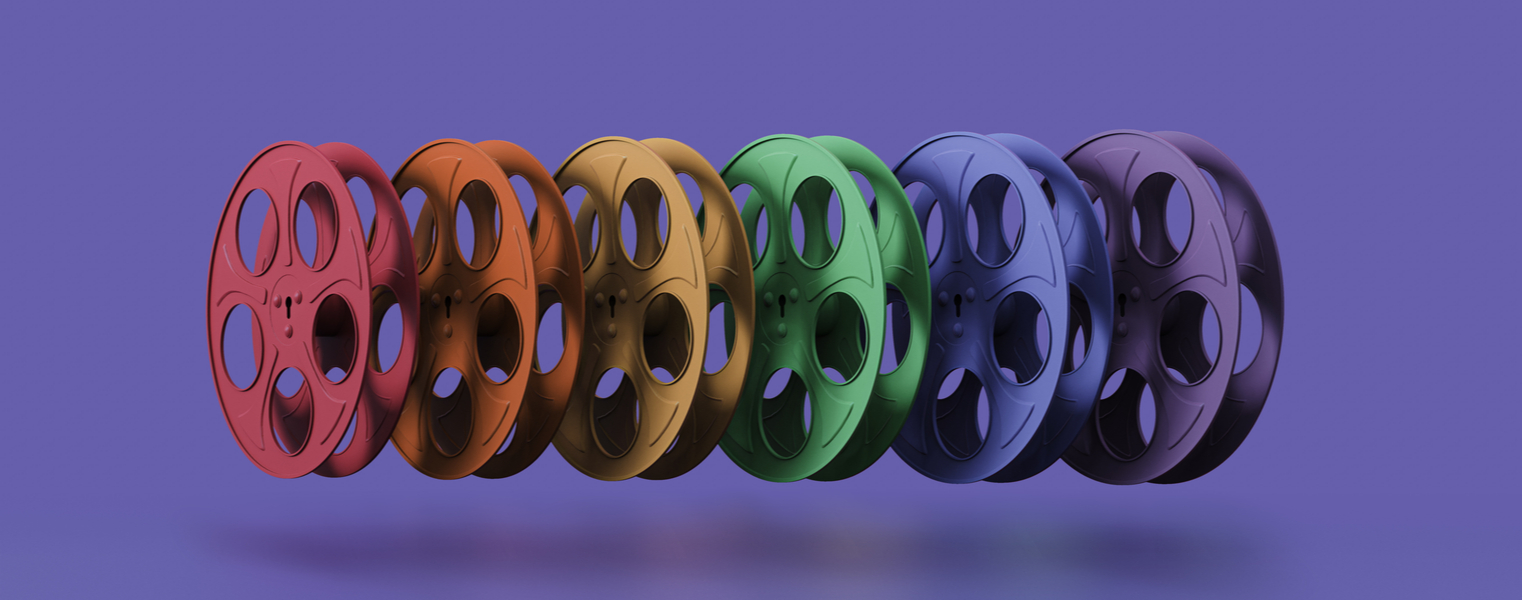Is Hollywood Ready To Acknowledge That Diversity Sells?

“Black Panther,” Marvel’s latest superhero movie directed and co-written by Ryan Coogler, has been praised not only for its superb story but also the diverse representation on screen and behind the camera. The film, which boasts an all-black led cast, recently surpassed $1 billion at the worldwide box office. During its opening weekend, February 16-20, it pulled in almost $250 million domestically, surpassing its $200 million budget. The film had the biggest opening weekend for a black director and is the highest-grossing movie in North America, directed by a Black filmmaker in history.
Less than a month later, Ava DuVernay, became the first woman of color to direct a live-action film with a budget bigger than $100 million when “A Wrinkle in Time” opened in theatres nationwide. The fantasy film also features a multicultural cast, including Oprah Winfrey, Mindy Kaling and newcomer Storm Reid.
With black directors helming multimillion-dollar budget movies with diverse casts and an increase in film and television projects starring, produced or directed by blacks, perhaps this signals a shift towards Hollywood fully embracing diversity.
Since the launch of 2016’s #OscarsSoWhite social media hashtag campaign, filmmakers and studio chiefs have been under immense pressure to make more movies that incorporate racial, gender and sexual diversity because representation of marginalized groups matter.
As a result, the past few years has seen the release of successful black films such as “Girls Trip,” Fences,” and “Moonlight,” which won the 2017 Academy Award for Best Picture. In 2017, Jordan Peele’s “Get Out,” became the highest grossing debut film based on an original screenplay, bringing in more than $255 million worldwide. Peele also won the 2017 Academy Award for best original screenplay. “Mudbound,” directed by Dee Rees and distributed by Netflix is the first film to have a black woman nominated for an Academy Award for best adapted screenplay. The film also netted Mary J. Blige two Academy Award nominations for best supporting actress and best original song.
Then, there’s also the increased presence of black television shows telling black stories like Issa Rae’s “Insecure,” “Atlanta” with Donald Glover, “Black-ish” and its spinoff series “Grown-ish” and Duvernay’s “Queen Sugar.” Of course, one can never overlook prolific showrunner Shonda Rhimes’ domination of Thursday night television viewing with “Grey’s Anatomy,” “Scandal” and “How to Get Away With Murder,” featuring multicultural casts and black women leads in “Scandal” and “Murder.” “Scandal” is winding down its final season, but Rhimes’ production company, Shondaland, has two new series that will be added to ABC’s lineup next season. And, as a testament to her brilliance and recognition of the audience’s embrace of black talent, Rhimes recently inked a four-year deal to create new projects for Netflix worth an estimated $100 million.
Like the rest of the world, progress in Hollywood isn’t always smooth; it ebbs and flows. The 1970s witnessed the explosion of Blaxploitation films, the late 80s and early 90s saw the rise of Spike Lee, Robert Townsend and John Singleton’s groundbreaking projects and Tyler Perry’s gospel-infused but often problematic filmmaking dominated the 00’s. But, Hollywood doesn’t have a history of consistently opening the door to projects starring, produced or directed by blacks.
With black buying power in the U.S. at $1.4 trillion, the box office and commercial success of this latest resurgence of movies and television shows, proves that black Americans will use their money to support cinema that represents them and tells their stories. Hopefully, Hollywood listens and flings open the door to more diversity and inclusion on screen and behind the camera.









